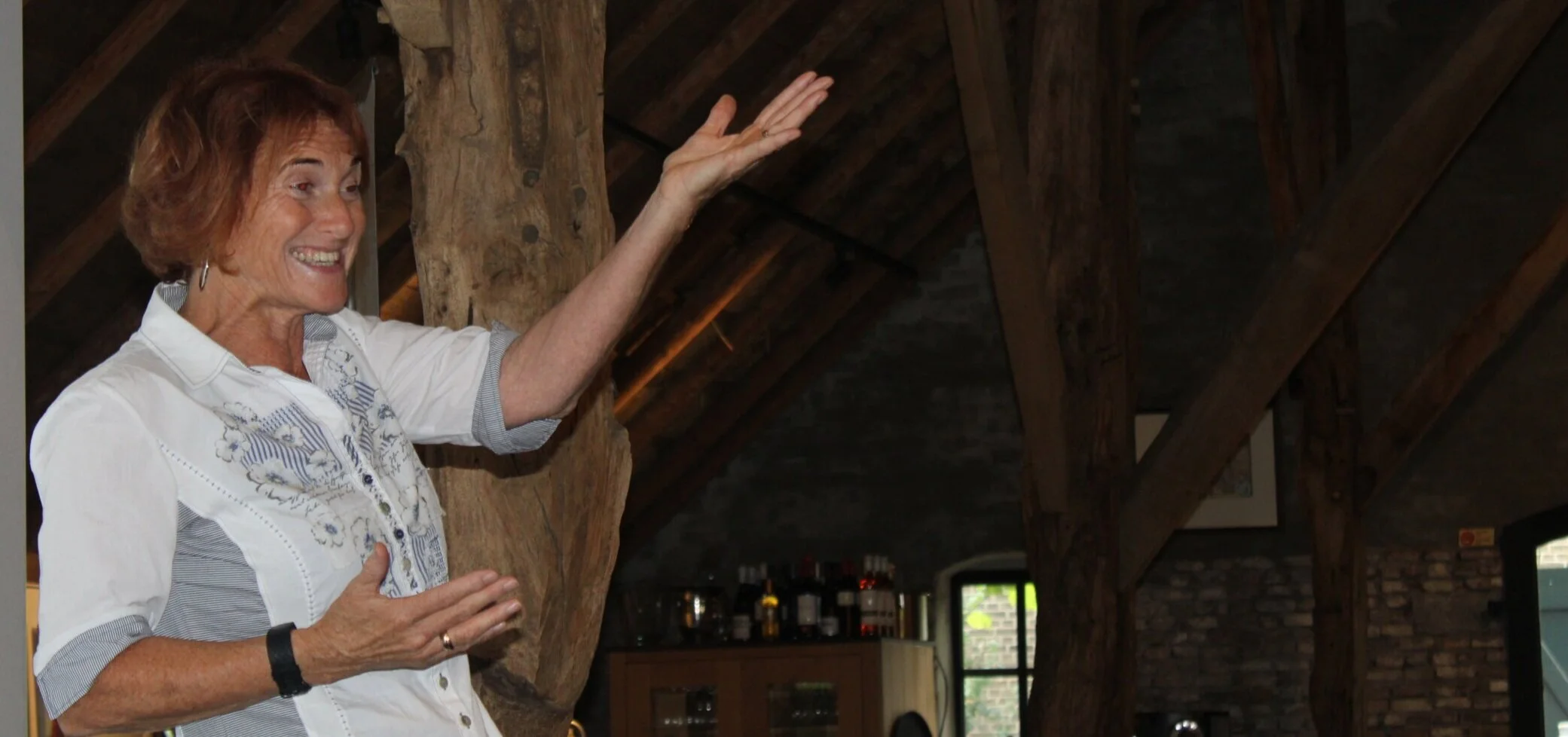I had planned on sharing part 3 of my story with you at the beginning of this week, but I couldn’t bring myself to do that. It felt tone deaf. There are more important things we need to be talking about, especially considering the violence and injustice that is currently demanding our attention.
It doesn’t seem to matter where we turn, the world is filled with all kinds of distraught and I stand like a deer in the headlights, not knowing what I don’t know, and therefore not really having a clue of where to begin with my desire to learn and understand.
I feel the need to use this platform to contribute to the conversation that is happening globally. As a white middle class woman, I am inherently in a position of privilege, and I want to learn – I want all of us to learn – how to first understand what that privilege means, and then how to use that privilege to lessen the burden, pain, and inequalities experienced by those who do not benefit from this system in the same ways.
I often find myself advocating for people with physical and intellectual disabilities of all ages. I am often appalled at how so many of those people are treated by society - at the lack of support they receive and at the unwillingness of so many to treat them like human beings. COVID-19 has exacerbated this, as people with a disability are not only at potentially higher risk of getting sick, they are also not always able to access care, and funds are often unavailable for those who need it.
Advocating for people with disabilities is natural to me because it is a world that I have been a part of for so long. It’s a world I have had high exposure to. It’s a world I have a lot of knowledge about and one I mostly understand. But this is not just about people with disabilities – and I need to recognise and speak up against the racial injustices that I have been protected from by my privilege.
It doesn’t matter what profession you’re in, or where in the world you’re living – the events happening in the US are felt by us all.
Part of what has helped our household in understanding white privilege, specifically in the context of the current pandemic, includes frequent discussions around what oppression looks like, and how Black lives are disproportionately affected by the things that seemingly affect us all.
For example:
Black Americans are more likely to be infected with COVID-19. They are more likely to be employed as essential workers where their risk is increased, because they often cannot find employment elsewhere. Black Americans are more likely to live in areas that are highly populated, where social distancing can't always be practiced easily. Black Americans are less likely to have access to health care, which results in many having more comorbidities that further increase their risk of getting sick, and when they are sick, they can't always access the care they need to get better. Black Americans have expressed concern about wearing masks during COVID-19 because of the stigma associated with black men in masks. On top of that - in the middle of a pandemic - Black Americans are still up against systemic racism and police brutality - literally fighting for their lives. Fighting against a system that is supposed to be keeping them safe.
What do we need to do? What can we do?
We need to educate ourselves and others. We need to understand what white privilege is, where we stand in that privileged space, and how we use that privilege to support marginalized groups. We need to talk amongst ourselves and ask each other questions, tough questions.
Within our own profession, which I believe to be often perceived as welcoming and inclusive, there are many horrific stories being revealed about how non-white PTs have experienced discrimination, prejudice, and harassment in the work place. PTs who are working to provide a critical service, the same as every white PT who went through the same training and passed the same exams. PTs who, in order to provide those critical services, likely faced barriers and challenges unknown to their colleagues because of their skin colour.
I am exhausted. After just a few days of seeing non-stop images and videos of violence and brutality, I am tired, and I don’t want to see it any more. But now I recognise that my ability to shut it out while others have been faced with this reality, day in and day out, their entire lives is part of the problem with privilege.
Despite apparent issues with representation in our field of practice (socioeconomic and ethnic), it is my hope that not only will we see an increase in the amount of minority practitioners in our field, but alongside this a more consistent approach to the cultural competency education in our university curriculums.
I can assure you that I am committed to no longer being passive or silent. I will learn. I will advocate. This is my professional duty. This is my personal obligation.
Let’s keep this conversation going. Let’s talk about what this means for people at the intersection of race and disability. Let’s share our resources, understand each other’s perspectives, and support one another through every stage of this process of learning – or, perhaps more importantly, unlearning.
This is uncomfortable. This is necessary.
